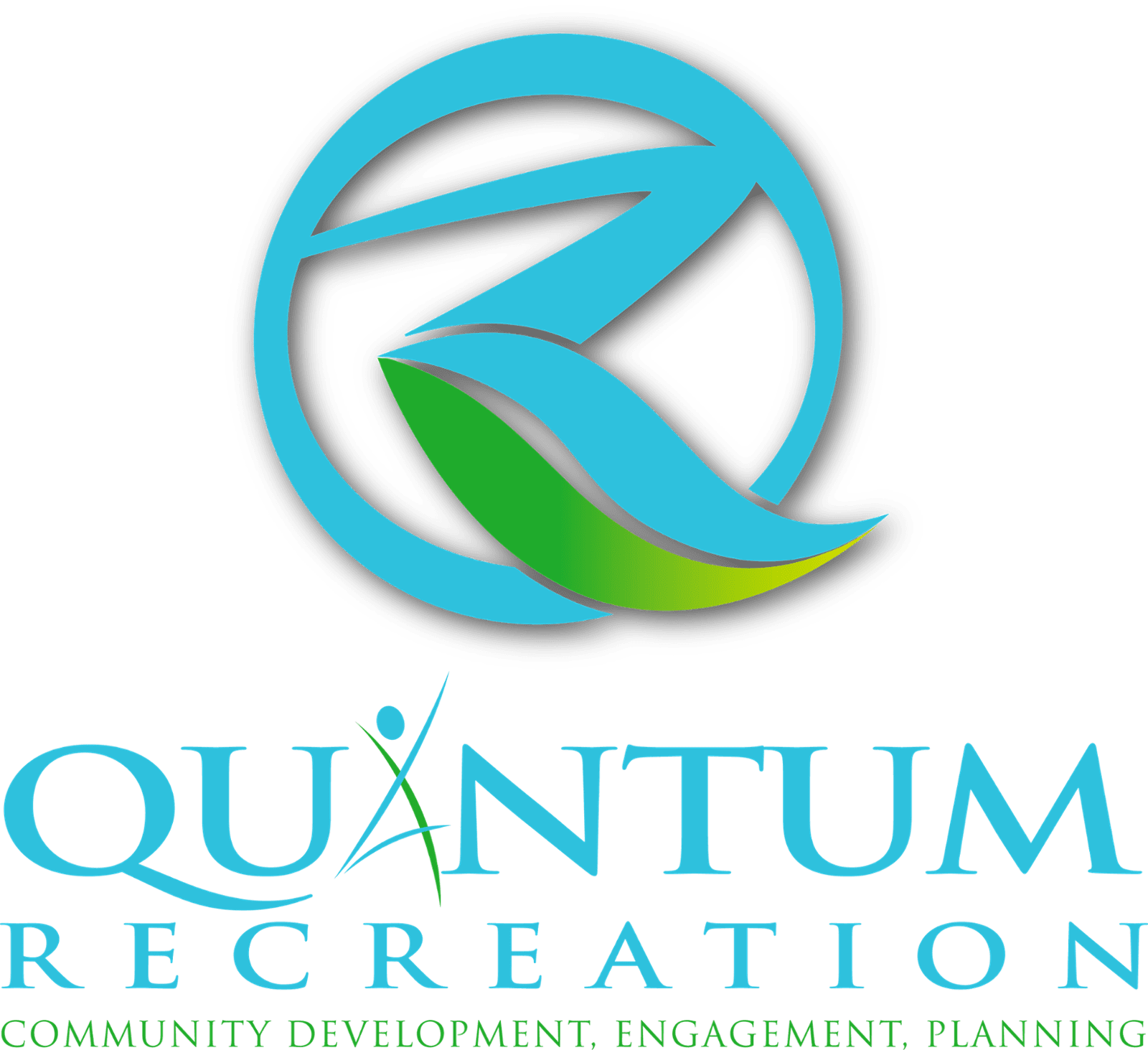
Yellowhead Trails Master Plan, 2018

City of Leduc Parks, Open Space and Trails Plan, 2019

Rocky Mountain House Regional Recreation and Trails Plan, 2018
Rocky Mountain House is a growing municipality in Alberta's David Thompson region, where the demands for recreation and parks are ever-changing. Recognizing the synergies between recreation and parks and in response to growing pressures, Quantum Recreation and McElhanney worked together to develop a Recreation Master Plan.
Jason Simituk managed this project. Quantum Recreation undertook a robust inventory, parks and facility condition assessments, innovative community engagements, and detailed background analysis to inform the plan.
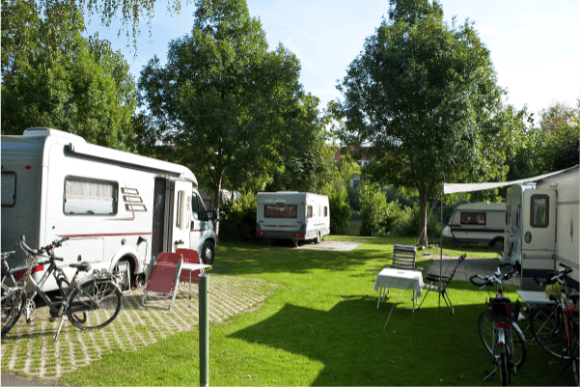
2020 Cypress County Recreation Master Plan
Quantum Recreation created a comprehensive recreation master plan designed to guide Cypress County to provide recreation opportunities for their residents. This master plan will help the County decide the long-term use, development, and administration of recreation resources, programs, and facilities.
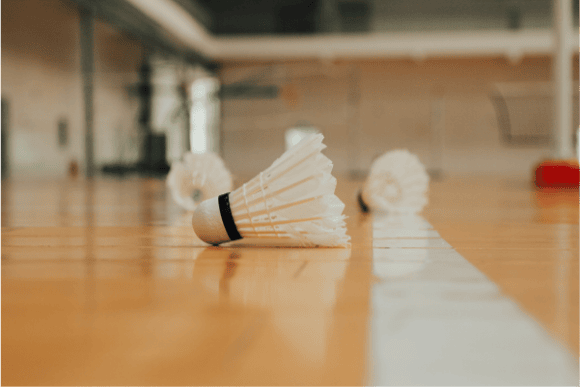
2020 Facility Need Assessment for a new Multi-purpose Facility Study
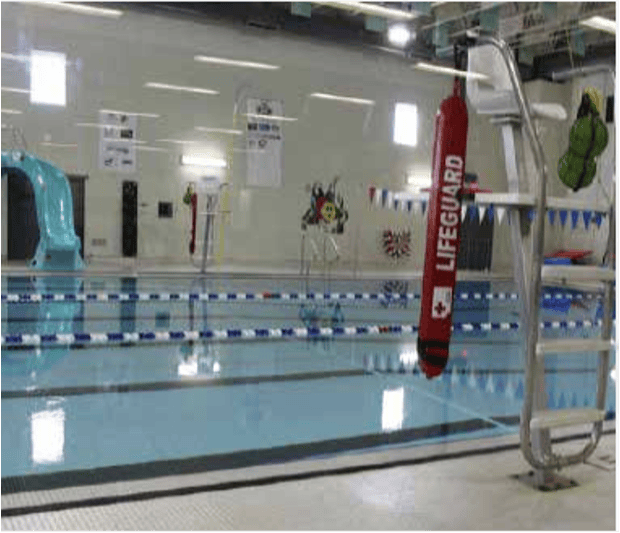
2018 Feasibility Study for Bob Snodgrass Recreation Centre
David Whitman with Gibbs Gage worked with Lisa Reinders (Director of Community Services) and Katie Crysdale (Aquatic Supervisor) on the High River Bob Snodgrass Recreation Centre Feasibility Study. The study was commissioned to determine indoor sport and recreation facility priorities for the future in the Town of High River, and specific for the Bob Snodgrass Recreation Complex (BSRC). Past demand, utilization and cost recovery were examined, and user groups, staff and the public were consulted. The intent was to identify what was required, at what size, where facilities could be located, and at what cost. The specific needs of the Town of High River were assessed and prioritized, and special emphasis was put on a viable business case that would also meet Town requirements.

2020-2030 Iqaluit Recreation Master Plan
Quantum Recreation and a consulting team led by George Harris, developed the 2020-2030 Iqaluit Recreation Master Plan for the City of Iqaluit to sets out priorities regarding investments in recreation facilities and programs and improve the quality and quantity of recreational services for all residents, both in terms of the types of services offered and the levels of participation in recreational programs.
Special attention is given to recreation trends affecting youth and Inuit participation as the Plan addresses the challenges the City faces in the declining participation rate in the current programs, under-utilized facilities, and very limited recreation choices.
Through LocalsKnow public consultation, input from residents, recreation user groups, recreation participants, community organizations, City staff and Council, and other stakeholders were obtained and helped direct the recommendations of the Plan. The 2020-2030 Iqaluit Recreation Master Plan not only makes key recommendations on priorities and actions for the near future; it also includes an implementation Toolkit to be used by the Recreation over a long period.

2020-Outdoor Sports Facility Assessment and Enhancement
Quantum Recreation led the Outdoor Sports Facility Assessment & Enhancement to help the Town of Innisfail develop a plan for the upgrade, reconfiguration, management, and future expansion of sports fields to support local users. The assessment will determine the user group's needs and solutions. It will also support decision-makers to best use public resources.

Town of Sylvan Lake

City of Dawson Creek
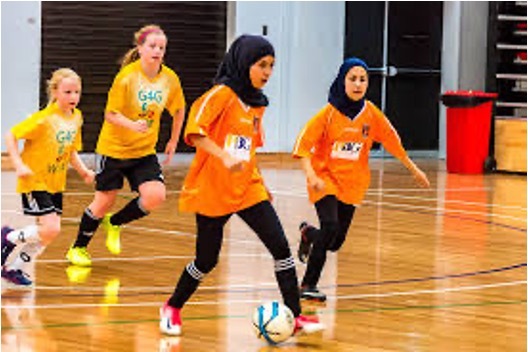
City of Fort St. John
Happy Cities and Quantum Recreation have revitalized the Arts & Culture Master Plan for Fort St. John, British Columbia, aligning it with the city's strategic goals from the 2018 Strategic Plan, the 2017 Official Community Plan (OCP), and the Downtown Action Plan. The updated master plan promotes social inclusion, cultural vitality, and economic development by emphasizing community engagement and fostering partnerships. Despite challenges like rapid population growth, inclusive programming needs, downtown revitalization, and budget constraints, the plan aims to enhance community well-being and create vibrant, inclusive public spaces. The project approach includes regular updates and efficient management to ensure effective communication and timely resolution of challenges.

